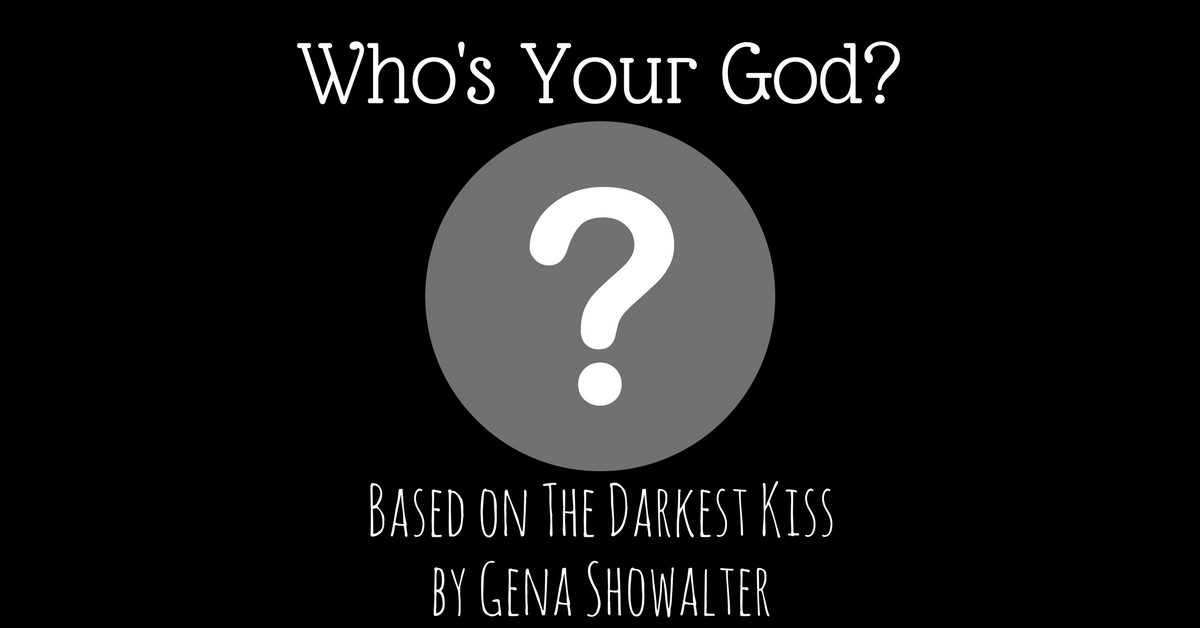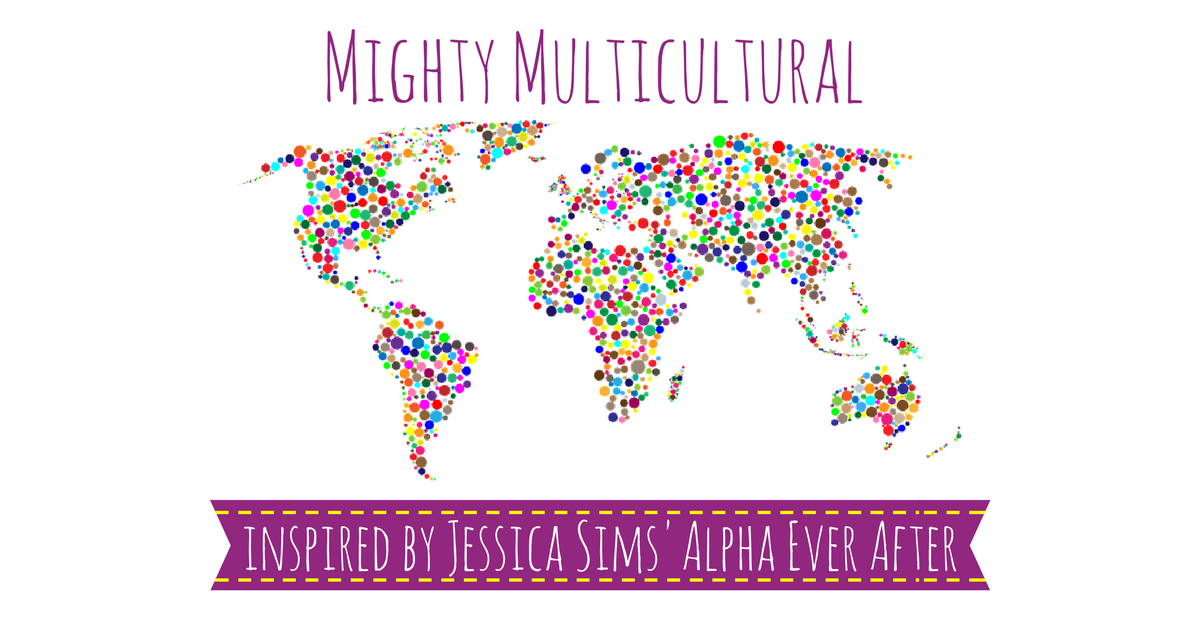So it's back to The Beast. I've missed you while I was away. But I've been troubled by a niggling thought that's been clamoring for expression. It feels heretical to share my forbidden musings, but I'm going to Hell anyway for suggesting that Mac and Barrons have a dysfunctional relationship, so here goes nothing: there's something rotten J.R. Ward's Black Dagger Brotherhood world. Now I get that no one is perfect. And I also understand that Ms. Ward purposefully built her world in such a way that evolution was not only desirable, but inevitable as part of the story progression of the books. Characters evolve, so why not worlds? Thus, the misogyny of the Chosen (an elite class of women) being basically brood mares and feeding troughs for the Black Dagger Brotherhood has given way to newly unfettered women who are now free to explore and express their individuality. This is definitely progress and has made for an excellent story arc, so it's a win-win all around. But there is another class of people in the Black Dagger Brotherhood world that has not been given any sort of emancipation proclamation. These are the "Doggen," the servant class of the BDB world, the butlers and cooks and maids whose existence allows the Brothers and their women to gallivant all over the place without worrying about little annoyances like cooking, cleaning and laundry. In this world, there is no such thing as a resentful housekeeper starching one's panties or boxers because they are unhappy with their lot in life. Not for the Brothers. Nope, these guys (and gals) have Doggen, a special sub-race of individuals who live to serve, and who experience deep fulfillment from vacuuming. Really?! Hasn't Ms. Ward read The Remains of the Day? Won't Fritz (the main Doggen dude in the BDB books) figure out that he's wasted his life playing chauffeur, butler, chief cook and bottle washer to a group of foul-mouthed warriors who should be picking up their own underwear (except most of them go commando)? Apparently not. And that, of course, got me to wondering whether such people actually exist outside of the pages of Aldous Huxley's Brave New World. Perhaps they do exist, and maybe they are even happy, despite my elitist bias. After all, it's a life. And a life is more than some of us have.
I have a close friend who has a stepdaughter who is a couple beers short of a six-pack. By all accounts, she is a sweet, immature, and indifferently lazy girl who should be a woman but no one taught her how. It's not all her fault, but, like the rest of us, there comes a time to stop blaming mommy for all of our problems and take responsibility for our own actions. Her time has come. And then some. My friend, her stepmother, and my friend's husband, the girl's father, worry about her, naturally (the mother is dead, poor thing). As parents, they want their child to have a life. Preferably, a life that exceeds their own (there are parents who resist the natural desire that our children should do better than we do, but that is the subject of another blog). But these particular parents realize, realistically, that the daughter/stepdaughter can aspire only to a small life—and they are hoping she gets even that far. So they are hoping for an equally limited, but nice and decent man, maybe a kid or two, Friday night trips to the local bar, and Monday night football. Because, after all, it's a life. Not for me, mind you, but a life nonetheless.
Like the Doggen of the BDB world, there are those who enjoy knowing where the lines are so that they can color inside of them. The idea gives me hives, but I've had many years to come to terms with the fact that not everyone is like me, which is good news for the rest of you. And not everyone would want my idea of what makes life worth living (which includes lots of time to read my beloved books and write about them). My mother, for example, wasn't much for reading and writing, and she was never happier than when she could cook for someone, wait on them hand and foot, and clean up afterwards. I'd rather shoot heroin with dirty needles, but hey, for her, it was a life.
I know someone else who has painstakingly carved out a life for herself by spacing out her errands over the course of a day or a week, and taking a great deal of time to plan out every move, research every decision, and analyze every option eight ways from Sunday (where does that saying come from? I've always wondered… but I digress). The progress of her days would make me yearn for the excitement of my annual gynecological visit, but she is rather content. It's a life. Lived on her terms and no one else's.
Part of the reason for the lives we choose to lead is what we know. If we don't know any better, we won't know what we're missing. Part of it is fear—fear of risk, fear of the unknown, fear of being completely powerless and out of control. Life for the Doggen is very safe and very predictable. This appeals to many of us. And for many of us, that safety and predictability is worth the opportunity cost of spontaneity and serendipity. Not for me, but different strokes for different folks.
So maybe my apostasy was premature. Maybe I don't need to be burned at the stake as a heretical witch. Perhaps I was wrong about Ms. Ward being wrong. Maybe, once again, there is plenty of truth in fantasy and Doggen in reality are as plentiful as dogs—those who enjoy knowing their place in the word and how they relate to others. And as long as there is an escape hatch if we absolutely, positively have to get the hell out of Dodge, it's probably just fine for all. In the interim, it's a life.



















